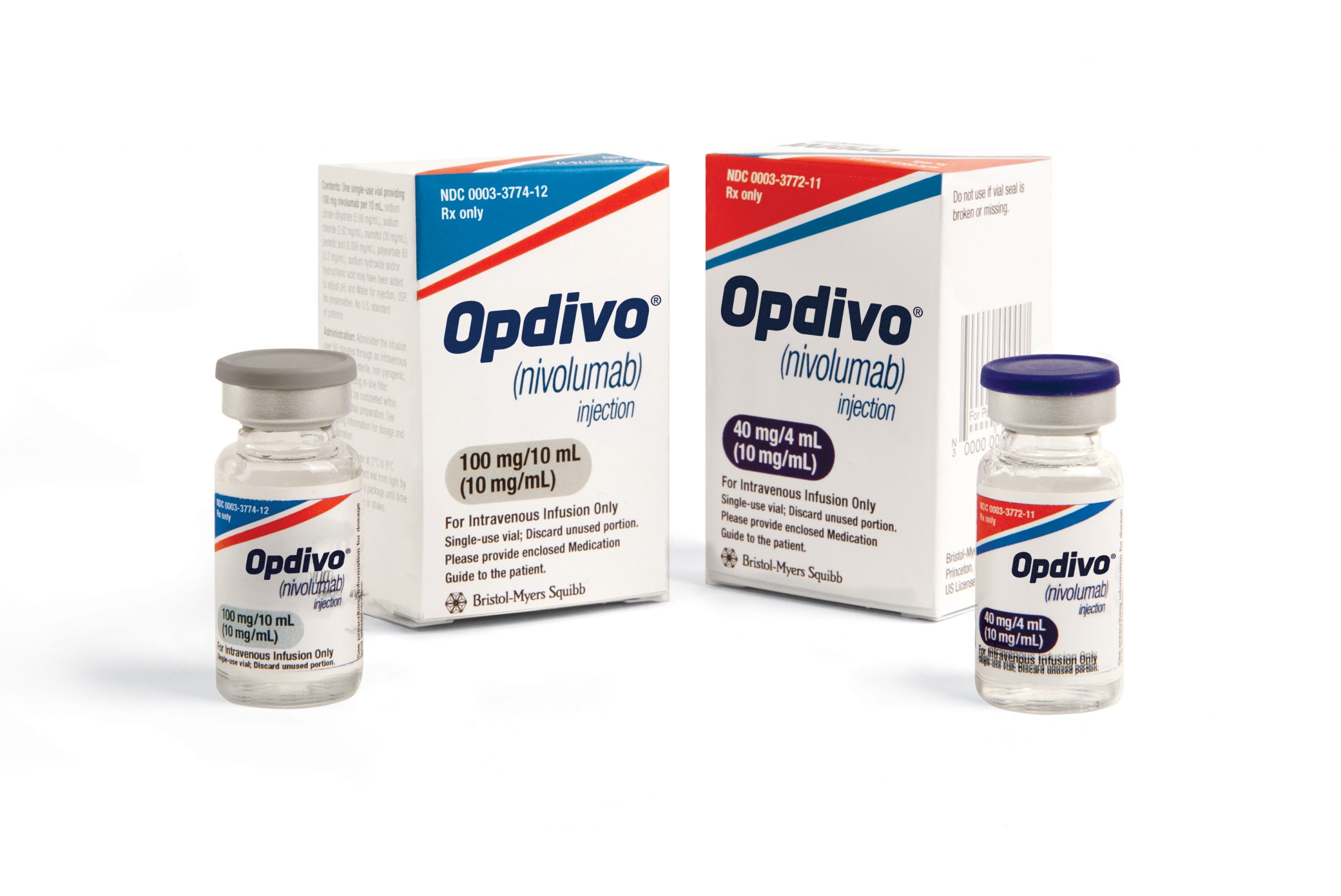FDA decision on Opdivo/Yervoy in liver cancer due next March

The FDA has started a priority review of Bristol-Myers Squibb’s immuno-oncology combination of Opdivo and Yervoy in liver cancer, with an action date of 10 March next year.
The US regulator has also awarded PD-1 inhibitor Opdivo (nivolumab) and CTLA4 inhibitor Yervoy (ipilimumab) a breakthrough designation in hepatocellular carcinoma (HCC) – the most common form of liver cancer and the fourth leading cause of cancer death.
BMS is seeking approval of its combination as a second-line therapy in HCC patients who aren’t suitable for surgery and have been previously treated with Bayer’s tyrosine kinase inhibitor (TKI) Nexavar (sorafenib), which has been the standard-of-care for newly-diagnosed HCC for many years.
Prognosis for HCC patients continues to be poor and there’s a big unmet need for drugs that can be used in the second-line setting alongside newer TKIs such as Bayer’s Stivarga (regorafenib) and Ipsen’s Cabometyx (cabozantinib).
Opdivo is already approved on its own in previously-treated HCC in the US, but has competition from Merck & Co/MSD’s rival PD-1 inhibitor Keytruda (pembrolizumab) in this setting. Merck’s drug was given an accelerated approval by the FDA last year but failed to improve overall survival (OS) in a confirmatory study.
If approved, the Opdivo/Yervoy combination could give BMS a further leg-up in the second-line HCC market, at a time when Opdivo is falling behind Keytruda thanks to the latter’s dominance in areas like non-small cell lung cancer (NSCLC).
It could also form the basis of filings in Europe, where BMS opted to withdraw its marketing application for Opdivo for previously-treated HCC after it became clear the EMA would not accept the data that backed its US approval.
BMS’ head of gastrointestinal cancers Dr Ian Waxman said that HCC “remains a difficult-to-treat cancer and patients are in need of additional effective treatment options,” especially as this form of liver cancer is the fastest rising cause of cancer-related death.
The company’s hopes of moving Opdivo into the first-line setting as a monotherapy were dented earlier this year after the drug failed to improve overall survival (OS) compared to Nexavar in the head-to-head CheckMate-459 trial.
Analysts said that wiped $1 billion off Opdivo’s peak sales prospects at a stroke, although BMS is trying again with a study comparing Opdivo/Yervoy to Nexavar and Eisai’s TKI Lenvima (lenvatinib).
Newer immuno-oncology drugs – including AstraZeneca’s Imfinzi (durvalumab), Roche’s Tecentriq (atezolizumab) and Innovent/Eli Lilly’s Tyvyt (sintiliamab) – are also angling for a piece of the HCC market and are coming through late-stage testing in this form of cancer.
Roche’s two-drug combination of Tecentriq with anti-VEGF drug Avastin (bevacizumab) was the first immuno-oncology regimen to show an increase in overall survival in previously-untreated HCC, and is due to be filed for approval in the US, Europe and China in the coming months based on the results of the IMbrave150 study.
Sintilimab is in the ORIENT-32 trial in first-line HCC alongside Innovent’s experimental anti-VEGF drug IBI305, while Merck has a study of Keytruda plus Lenvima in this setting and AZ is testing Imfinzi alongside CTLA4 inhibitor tremelimumab in the HIMALAYA trial.












